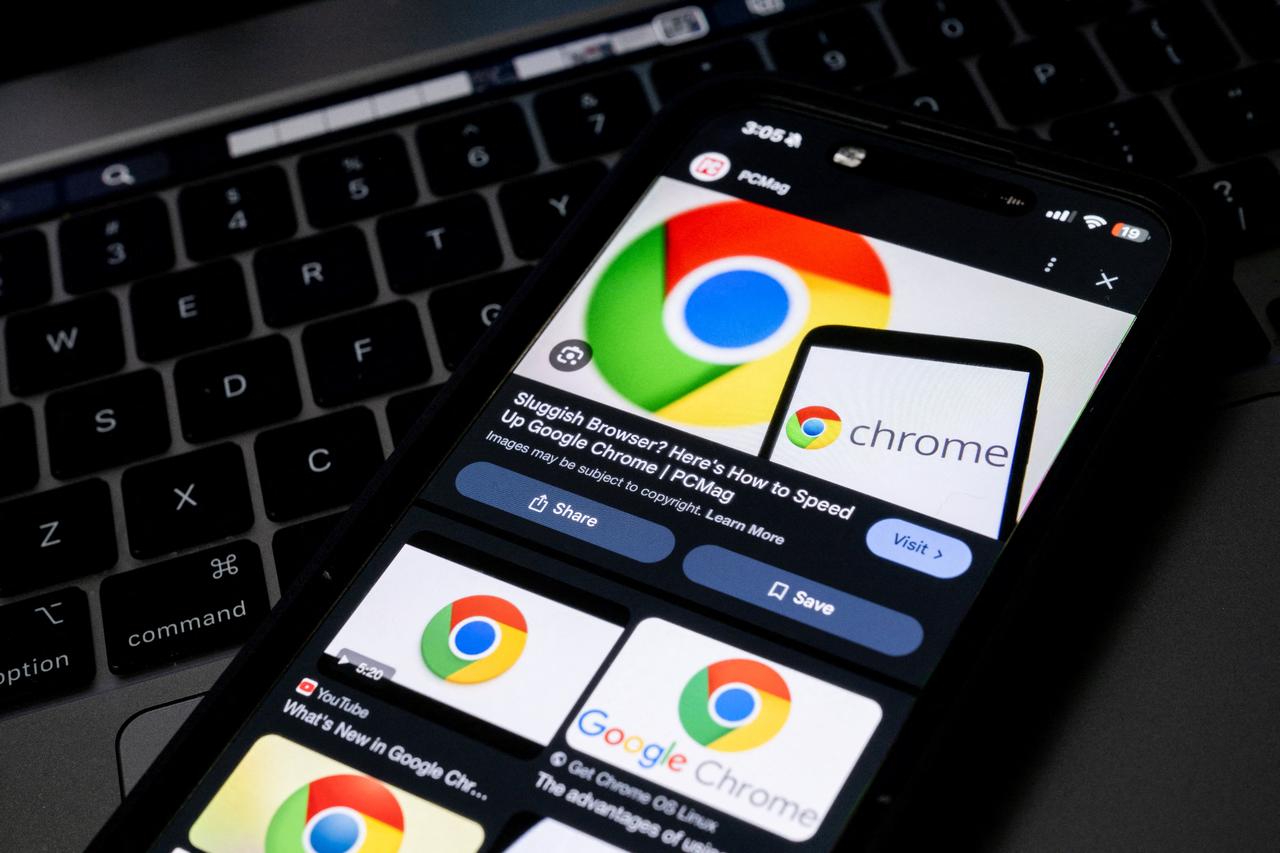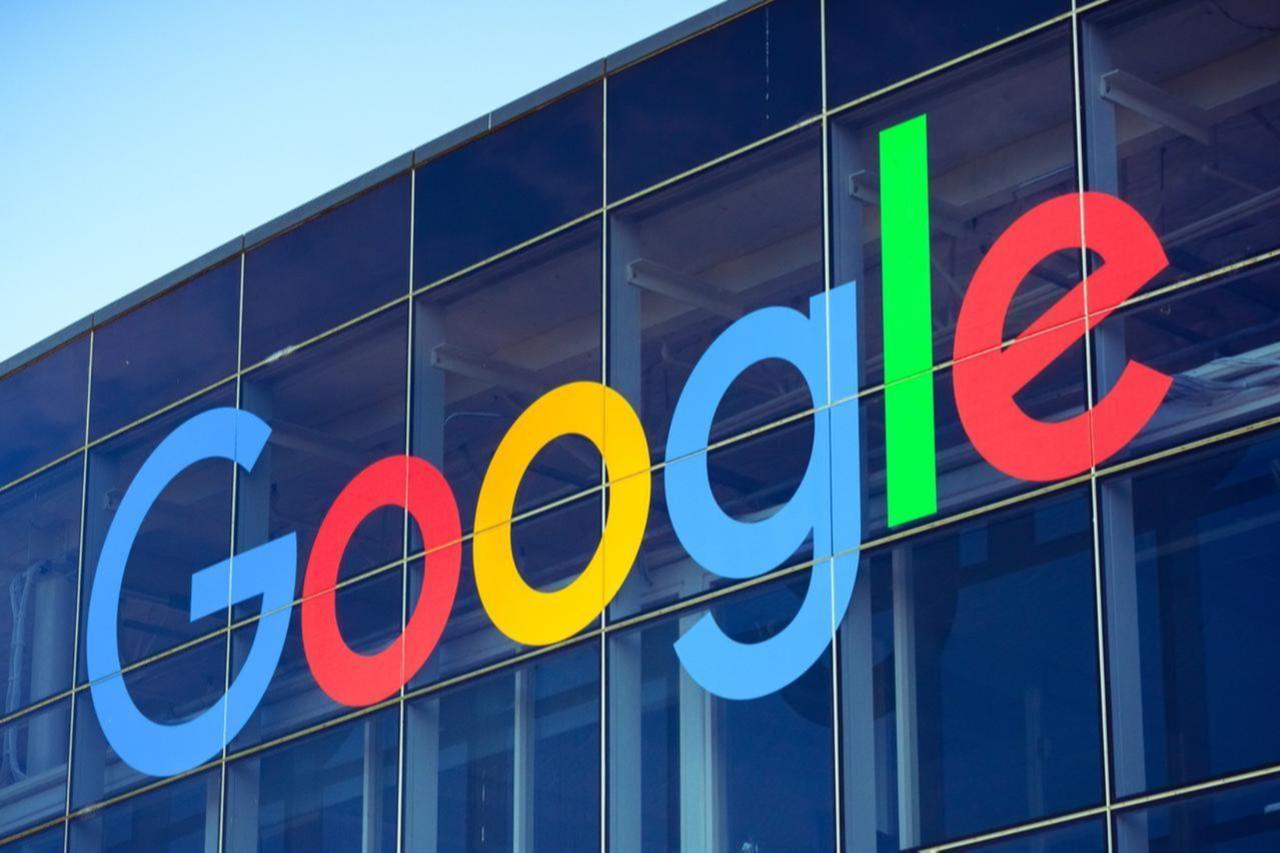
A U.S. federal judge on Tuesday delivered a mixed ruling in the landmark antitrust case against Google, allowing the tech giant to retain its Chrome browser while imposing restrictions on exclusive contracts and requiring the company to share certain search data with competitors.
U.S. District Judge Amit Mehta rejected the Justice Department's most severe proposed remedies, including forcing Google to sell its Chrome browser and potentially divesting its Android operating system. The decision sent Alphabet shares surging 8% in after-hours trading as investors viewed the outcome as relatively favorable.
"Google will not be required to divest Chrome; nor will the court include a contingent divestiture of the Android operating system in the final judgment," Mehta wrote. "Plaintiffs overreached in seeking forced divesture of these key assets, which Google did not use to effect any illegal restraints."

Under the new restrictions, Google will be prohibited from entering exclusive contracts that make its search engine the default option on browsers and smartphones. However, the company can continue making payments to distribution partners for preloading or placing Google Search, Chrome, or its artificial intelligence products.
The judge specifically preserved Google's lucrative arrangement with Apple, where Google pays billions annually to remain the default search engine on iPhones. Apple shares rose 4% in extended trading following the announcement.
"Google will not be barred from making payments or offering other consideration to distribution partners," the ruling stated, noting that cutting off such payments could impose "substantial—in some cases, crippling—downstream harms to distribution partners, related markets, and consumers."
Google will be required to share certain search index data and user interaction data with competitors, though advertising data remains protected. The court specified that data sharing must occur on "ordinary commercial terms that are consistent with Google's current syndication services."
The ruling stems from a 2020 Justice Department lawsuit alleging Google maintained its dominance in internet search through anticompetitive practices. In August 2024, Mehta found that Google violated the Sherman Antitrust Act by operating an illegal monopoly in online search.
The tech giant announced plans to appeal the ruling, which could delay implementation of any penalties for years. The case represents the most significant antitrust action against a technology company since the Justice Department's case against Microsoft roughly 25 years ago.
Judge Mehta ordered both parties to meet by September 10 for final judgment proceedings. The ruling marks a crucial development in ongoing regulatory scrutiny of major technology companies, though Google's legal battles continue across multiple fronts, including separate cases involving its mobile app store and advertising technology practices.